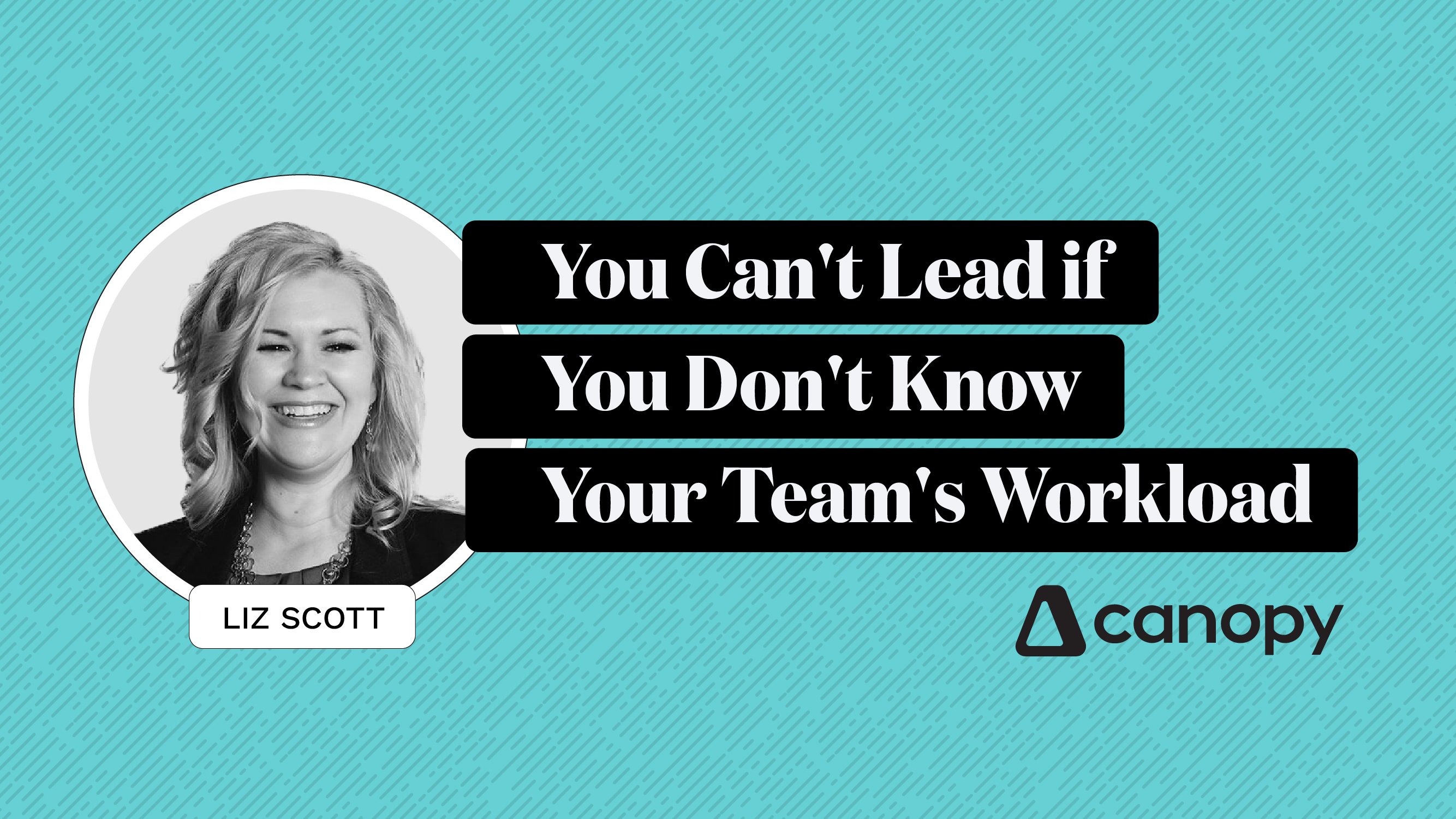Jump to ↓
Navigating the “perfect storm” in tax
Corporate tax departments are under more pressure than ever. OBBBA provisions creating 2026 planning uncertainty, ASC 740 disclosure expansion under ASU 2023-09, and post-Wayfair nexus obligations that multiply across jurisdictions aren’t just adding work. They are fundamentally changing how tax teams must operate. Meanwhile, tax teams are expected to deliver faster and smarter insights, keep up with federal and multi-state compliance, and act as strategic partners to the business. All this, while juggling fragmented systems and frequently limited resources.
If this sounds familiar, you’re not alone. According to the 2025 Future of Professionals Report (FoP Report), more than half of tax teams (51%) say they’re under-resourced, and 61% of their work is spent on tactical tasks rather than strategic initiatives. Organizations with visible AI strategies are twice as likely to experience revenue growth as a direct or indirect result of AI adoption compared to those with more informal or ad-hoc adoption approaches. Yet only 22% of organizations have a visible AI strategy, according to the FoP Report.
Meanwhile, you’re managing 50-state nexus tracking, 2026 OBBBA planning scenarios, and provision deadlines that don’t move. The gap between what tax teams need to deliver and the resources they have continues to widen. The good news is that tax departments that invest in agentic AI are transforming how they operate. Research that used to take hours now takes minutes. Senior tax professionals are spending less time gathering information and more time applying their expertise to high-stakes decisions.
Why the market is shifting fast
So, what’s driving this transformation? Technology — especially AI. According to the FoP Report, nearly 80% of tax professionals believe AI will have a transformational impact on their work within five years. But, with the aforementioned 22% of organizations having a visible AI strategy, that’s a huge gap that presents both a risk and an opportunity.
Let’s break down the forces at play:
Data growth. Tax teams are drowning in data and need better analytics.
Regulatory change. Compliance is now a real-time challenge.
Economic volatility. Agile planning is a must.
Talent shortages. Finding and keeping skilled professionals is tougher than ever.
Nancy Hawkins, VP of Product Management at Thomson Reuters, sums it up well:“There’s a bit of a perfect storm brewing in the industry today. The capacity crunch is pairing with a rise in complexity, from data explosion, macro and political economic risks, and regulatory changes.”
With these challenges mounting, it’s no wonder tax departments are searching for smarter solutions.
Agentic AI: What is it, and why does it matter?
This brings us to the next big question: how can tax teams rise above these challenges? Enter agentic AI, but with an important caveat.
Tax professionals hold AI to exceptionally high standards: 91% believe AI outputs should be more accurate than human work, and 41% won’t use AI without human review unless it’s 100% accurate. This skepticism is warranted. Most AI tools are trained on generic internet content, not authoritative tax sources.
That’s what makes Thomson Reuters CoCounsel Tax different. Unlike traditional generative AI, agentic AI reasons, plans, and breaks down complex tax tasks into manageable steps, automating workflows and delivering content-aware answers. When paired with Thomson Reuters authoritative editorial content, which is created by 135+ in-house tax editors and 500+ subject matter experts, CoCounsel Tax delivers precision and accuracy that generic AI tools simply cannot match. CoCounsel Tax is built for US corporate tax teams. Combining this agentic AI capability with your organization’s own data to generate tailored responses for federal and state tax scenarios within a secure enterprise environment.
CoCounsel Tax harnesses agentic AI
CoCounsel Tax doesn’t just search. Rather, it analyzes and synthesizes tax research using an authoritative foundation. That content foundation means CoCounsel Tax can focus on complex analyses such as research the tax treatment of uncertain tax positions (UTP), evaluate qualification criteria for the R&D tax credit, or a wide range of other high-value tasks including determining multi-state nexus implications, all with the same depth and citations your team would expect from researching directly on Checkpoint, but delivered in minutes instead of hours.
Crucially, every response includes direct links to primary sources, expert analysis, and the reasoning chain auditors expect to see. This ensures every professional recommendation is defensible and audit-ready.
For your tax team, this means spending less time chasing down sources and more time applying judgment to complex positions. Junior staff can handle research that previously required senior review. And your senior managers can focus on strategic tax planning that actually moves the business forward.
Building the AI-powered tax department: A strategic framework
The transformation of tax departments through AI isn’t just about adopting new tools. It’s about reimagining how tax functions operate, deliver value, and position themselves as strategic business partners. Successful AI implementation requires a systematic approach across the operation.
What an AI-powered tax department looks like
The modern tax department leverages AI to fundamentally transform its operating model:
Research that used to require hours of manual source-checking can be completed in minutes, with full citations to primary sources and expert analysis
Complex tax analysis that previously required senior-level expertise becomes accessible to junior staff with AI guidance, scaling your team’s capabilities without adding headcount
Every position automatically includes the audit trail your team needs—citations, reasoning, and source documentation that withstands scrutiny
Tax provision and compliance workflows that once stretched across weeks can be compressed significantly, with full transparency into calculations and assumptions
Questions that used to require external advisors can often be handled internally, allowing you to reserve expensive consulting relationships for truly complex strategic matters
As Hawkins explains, this type of transformation can have a profound impact on tax departments: “Certainly by scaling expertise across your teams without having to add headcount, by automating some of your day-to-day tasks, by taming the data deluge and also just supporting faster and well-founded decisions that you and your teams have to make.”
The four-pillar framework for success
1. AI literacy and expertise development
Build internal expertise while optimizing external relationships. This involves creating comprehensive AI literacy programs, establishing clear governance frameworks, and developing internal champions who can drive adoption. Success means your team can answer routine tax questions independently and respond quickly to business needs without waiting on external resources, while maintaining strong advisor partnerships for complex matters that require specialized expertise.
2. Scalable knowledge management
Transform how organizational knowledge is captured, stored, and accessed. Integrate internal policies, templates, historical work products, and institutional knowledge into a unified platform that makes expertise accessible across all levels of the organization. This ensures consistent quality delivery while accelerating onboarding and reducing knowledge transfer risks.
3. Process optimization and workflow integration
Remove operational bottlenecks through intelligent automation. Implement workflow automation that streamlines repeatable processes, reduces review cycles, and eliminates manual handoffs. Deploy embedded templates and guided workflows that maintain quality while increasing throughput. This pillar focuses on making the entire department more efficient and responsive.
4. Strategic AI and automation investment
Focus on solutions that deliver measurable productivity gains while maintaining the accuracy and auditability of tax work demands. Prioritize platforms that support end-to-end task automation, provide secure environments for sensitive data, and offer the flexibility to adapt to changing business requirements. The emphasis should be on comprehensive solutions rather than point tools that create additional complexity.
Implementation priorities
According to the Future of Professionals report, two-thirds (65%) of professionals who have personal AI goals aren’t aware of their organization having an AI strategy, while 38% of organizations with AI strategies have professionals without personal AI goals. Success requires coordinated execution across all four of the above pillars, including the following:
Leadership alignment on AI strategy and resource allocation
Change management that addresses both technical and cultural transformation
Training and development programs that build confidence and competency
Measurement and optimization to track progress and refine approaches
Risk management to ensure security, compliance, and quality standards
This integrated approach positions tax departments to shift from reactive compliance functions to proactive strategic partners, delivering enhanced value while managing increasing complexity and resource constraints.
Your next steps to incorporate agentic AI in corporate tax
The future of tax is being shaped by those who embrace AI strategically. Market leaders are already gaining a competitive edge, while others risk falling behind.
So, where do you begin?
Start by seeing what’s possible. By taking the first step, you will begin transforming your tax function from reactive to strategic. Watch our on-demand webcast, CoCounsel Tax – Beyond Research, to learn how leading tax teams are using agentic AI to automate research, scale expertise, and unlock new levels of productivity, all while maintaining the security and accuracy required in today’s regulatory landscape.


























